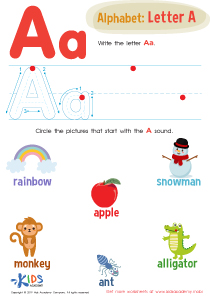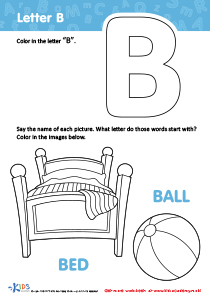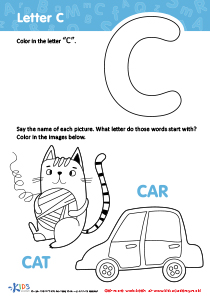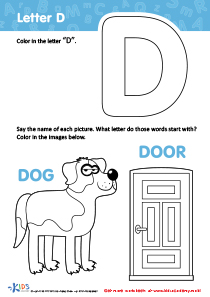Normal Difficulty Third Grade Letter I Worksheets
2 filtered results
-
From - To
Grade 3 Free download Letter I Normal Difficulty Worksheets
Our Letter I Worksheets are designed to help Grade 3 students learn the basics of letter recognition as they explore the alphabet through activities, puzzles and fun exercises. Students will develop their phonics and spelling skills as they identify, say, and write words that begin with letter I. Our printable worksheets provide students with an enriching and interactive learning experience. With the help of puzzles, coloring activities, and tracing activities, students will gain a deeper understanding of the letter I and be able to apply it to their reading and writing. Through these engaging practice activities, students will gain essential skills needed to succeed in their academic journey.
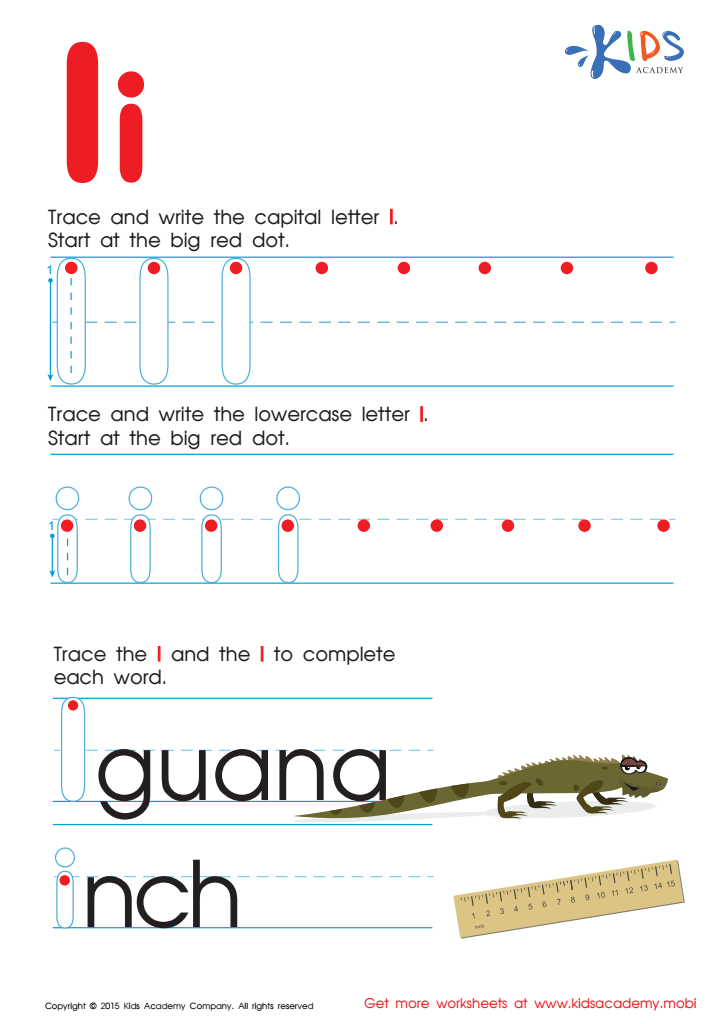

Letter I Tracing Page
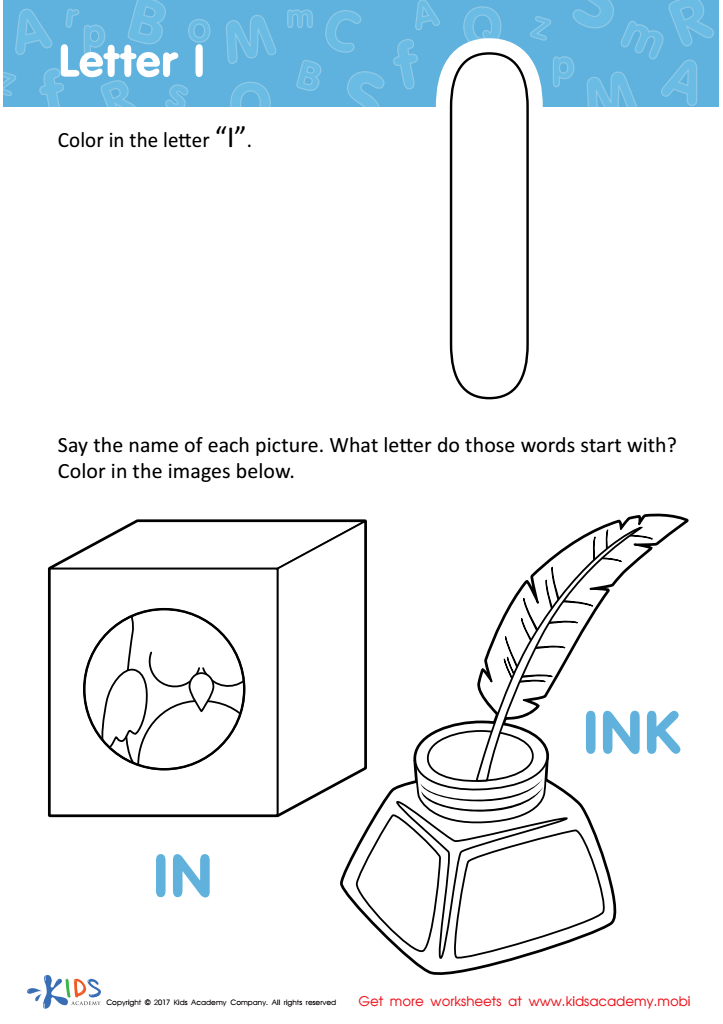

Letter I Coloring Sheet
The Importance of Letter I Worksheets for Grade 3 Students' Literacy Education
Letter I Worksheets provide children in Grade 3 with important knowledge that can prove to be invaluable throughout the rest of their academic years. By learning about the letter I and its various uses, children are better able to understand content in literacy based classes and importantly, begin to become familiar with the fundamentals of grammar and punctuation.
Normal Difficulty Letter I Worksheets are composed of a variety of activities that allow children to practice reading, writing and spelling of words with the letter I. This may well mean tracing the letter itself, or recognizing and writing words that contain the letter I. Additionally, these worksheets might involve activities that promote higher level skills such as identifying uppercase and lowercase letter I or finding words which start with the letter I.
Without these worksheets, children may not gain the foundational literacy skills they need in order to progress with their reading and writing goals. It is important to have a 'head start' with grammar and pronunciation, which is what these worksheets provide.
Not only do Letter I Worksheets enable the beginning of a firm base for language skills, but they also enable children to practice in a stress-free environment. They are provided for educational purposes only and are thus specifically designed to make language learning fun. As well as being fun, the worksheets ensure that children learn the letter I in a way that is natural and organsied.
When using letter I Worksheets, children need to be encouraged to complete the activity in a seated position and with the necessary stationary, such as pencils and rubbers. The letter I worksheets provide repetition, which helps children to learn more quickly by repetition and association. Additionally, the structure of these worksheets gives children an element of control and ownership of their work.
Not only is the letter I an important letter to know and recognize, as it is one of the most prevalent consonants in English, but it also begins the letter's of many words, particularly at the beginnings of academic words. Familiarization of the letter I during Grade 3 is thus vitally important and Normal Difficulty Letter I Worksheets can help with this.
Overall, Normal Difficulty Letter I Worksheets are incredibly useful in helping children with the early stages of literacy learning. They provide a necessary foundation through which children can continue to improve their grammar and spelling, along with other language-based activities.

 Assign to the classroom
Assign to the classroom
